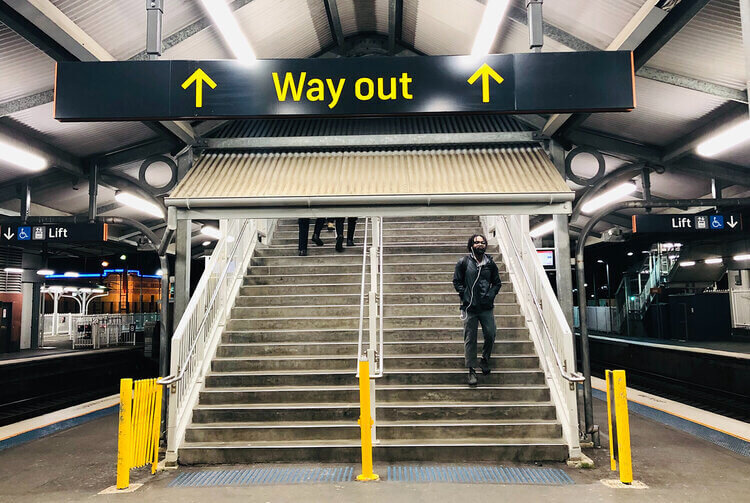What is a Ticket?
A Ticket is a Civil Infraction
What is a ticket? It is a civil infraction that is issued by an officer. It can go on your driving abstract.
These are some examples :
- Speeding
- Negligent Driving 2nd degree
- Personal Electronic Device
- Fail to Yield
- Improper Lane change
- Fail to Signal
- Speeding too fast for conditions
How does a Traffic Ticket affect you:
- Appear on your Driving Abstract as a moving violation.
- Can cause your insurance rates to go up.
- Can add points to your license.
- Will show on your record for 3 years.
- May affect your job either now or in the future.
We Can Help You Fight Your Ticket!
Our Attorneys work to protect your record. We will:
- Request all required documentation from the court.
- Develop the best defense strategy for each individual infraction.
- Address your ticket at the court hearing for you.
- Confirm the outcome has been properly recorded in your docket.
- Notify you of the outcome and any steps you need to do to complete the process.
How do you Hire Merrill Law to Represent You?
You will need to complete the client agreement form and pay the fee before Merrill Law will be able to represent you in court. Parent or Guardian Signatures are also required If the client is a minor.
Our legal team handles tickets during office hours.
How to get started.
- Come in to the office during business hours or,
- Call during business hours to have the form sent to you by Email, Fax or Mail.
- Send a request for an agreement form via the website.
Regarding your Ticket
- You must respond to the court with in the 15 calendar day time restriction.
- we can send the ticket to the court for you, if you bring it into the office in a timely manner.
- If you intend to hire Merrill Law, we ask that you mark the contested hearing box, it is the 3rd box on the ticket, and mail the ticket directly to the court.
We have pointed out come important areas to look for information on your ticket. There are a few different formats that may be issued.


Options on your ticket.
You have a three options to tell the court how you wish to address this matter. You will find these options at the bottom of a white ticket or on the back of a green ticket.
- Enclose payment and mail the ticket directly to the court. If you select this option, you should understand that the traffic infraction will go on your driving record.
- Request a Mitigation Hearing. When you request this type of hearing you are agreeing that you have committed the infraction. The hearing allows you to explain the circumstances in which the violation occurred. You will be required to to attend the hearing to present your case to the judge. The infraction will go on your record with a mitigated hearing.
- Request a Contested Hearing. A contested hearing is the preferred type of hearing if you are hiring Merrill Law. This type of hearing allows the details of the infraction to be challenged in court.
Please return the ticket to the court at the address noted on the ticket.
There are many ways an experienced traffic attorney can fight your ticket for you.
Call us now
To ask additional questions or to hire an experienced attorney who has deep connections with the local legal system.
(425) 259 4972
Click Here To Learn More About Traffic Tickets.
Want To Hear More From us.
You can connect with us on social media at any of the networks below.
Subscribe to the Monthly Newsletter.






